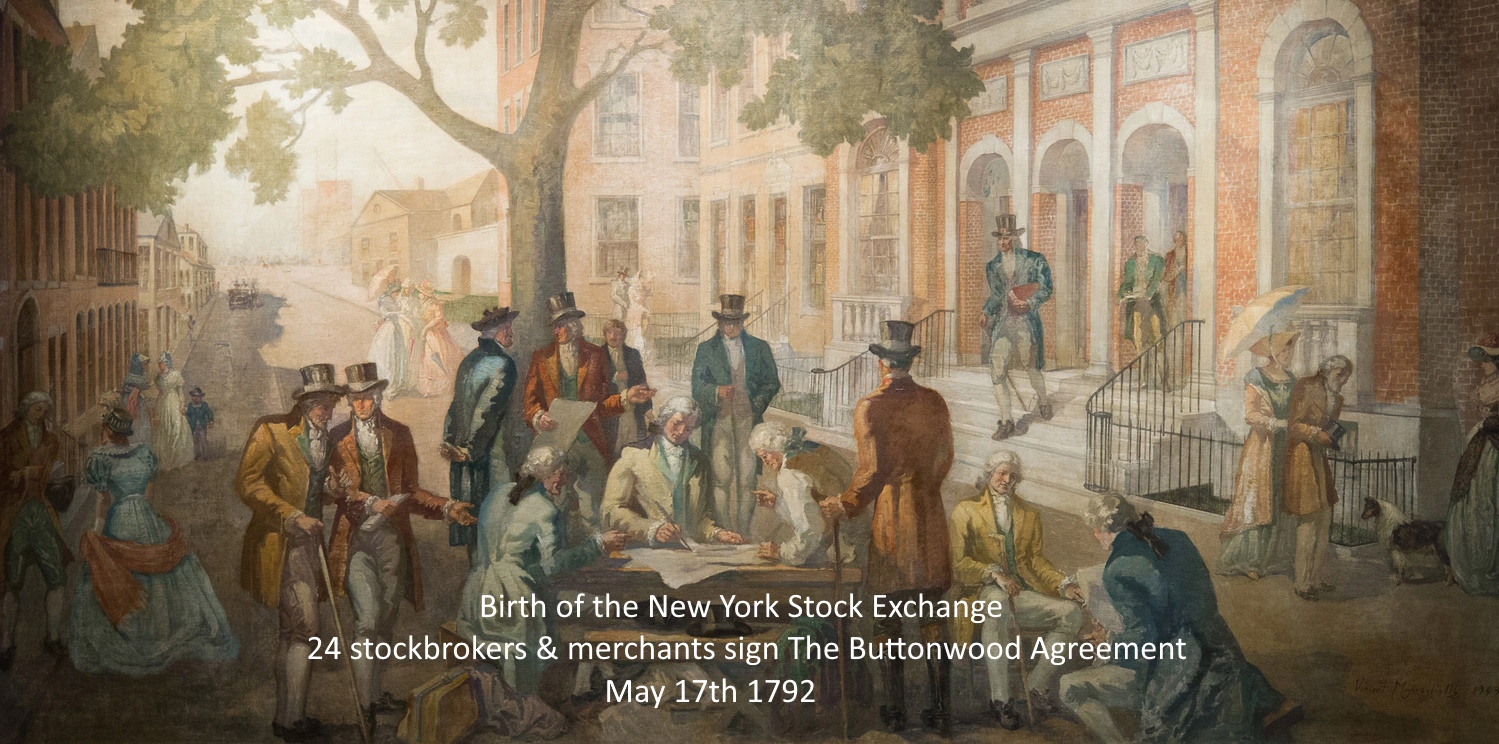Revenue is vanity, profit is sanity, but cash is king — Unknown
Michael Rosen, managing partner and CIO at Angeles Advisors in Santa Monica doesn’t think much of Karl Marx or the heavy hand of state intervention. In Mr. Rosen’s words “wealth derives from the value created by capitalism.” And no country does it better than America.
He argues in his latest quarterly investment letter, titled Kapitalismus, that the most important factor in investment success is return on capital. GDP growth, revenue growth, even growth in net income? All those factors contribute value, but ROC outweighs them all.
Given the data, U.S. pensions may want to rethink their asset allocations before they climb too far out on the “alternatives” limb.
Follow the money
Why? Let’s start with relative stock market performance. According to Mr. Rosen, “Since 1990 the return on capital for U.S. companies has always been positive and despite four recessions and four bear markets in that period, equities have risen 1,000 percent, with dividends reinvested bring the total cumulative return to over 2,000 percent.”
But how about those impressive Asian markets and China’s economic miracle? It depends on who you ask. Ray Dalio has been a China fan boy for years (Bridgewater manages about $5bn for CIC), however, Stratos Capital Partners, the late Scott Minerd, and even a few bold analysts at JPMorgan (until they recanted) consider the country uninvestable.
Mr. Rosen prefers to follow the money, i.e., equity returns. Since 1992, the year China was added to the MSCI indices, Asia economies ex-Japan have posted enviable GDP growth of 9.5 percent per annum (all percentages p.a.), corporate growth of 14.8 percent and earnings growth of 12.6 percent versus U.S. comparables of 4.5 percent, 6.5 percent, and 10 percent respectively.
But when it comes to stock prices, what share-holders actually earned on their investments, the story flips. Over the same thirty-year span “U.S. equities prices grew at twice the rate of Asian shares, 7.8 percent versus 3.7 percent in Asia ex-Japan while China, with blistering economic growth over 9 percent for thirty years – handed investors equity returns of minus 1.4 percent.”
Mr. Rosen gives two reasons for U.S. equity outperformance. First, “U.S. companies averaged a return on equity of 15 percent over the past 30 years, versus 11.2 percent in Asia ex-Japan.”
And second, Asian companies significantly diluted their earnings, averaging only 4.4 percent EPS since 1992 despite income growth of 12.6 percent. U.S. companies, by contrast, grew EPS at 8.2 percent, not far behind income growth of 10 percent.
Mr. Rosen’s conclusion? “Economic conditions matter, of course, but the competition to earn a high return on capital defines sustained success, [and equity performance] for companies and for countries.”
US pensions, late to the party
Since Mr. Rosen’s argument is based on data available to all of us, we wondered how the big money – U.S. pensions – felt about U.S. domestic equities and public market allocations.
Apparently, not so good. According to the WTW’s Thinking Ahead Institute report, Global Pension Assets Study 2022 (pg. 35), U.S. pensions reduced their domestic equity exposure from about 85 percent of global equity holdings in 1999 to a little over 60 percent in 2021, preferring, we suppose, to reallocate to more alluring opportunities in alternatives.
This despite one of the longest bull-market runs in US history.
We can’t help but wonder if perhaps it would be better for local and state governments to fund the obligations they commit to instead of pressuring pension staffs to chase unrealistic returns. Or maybe they should establish pension benefits at levels they can afford. But we’ll leave that discussion for another day.
Final thoughts
Many social and economic systems have existed over the centuries, monarchies, autocracies, socialism, and communism. But to paraphrase Winston Churchill’s ironic observation on democracy, capitalism is the worst economic system a country can have, except all those other forms that have been tried.
Mr. Rosen evidently agrees. “Value, wealth, for workers, for companies, for countries, come from the constant pressure to produce profits, or more specifically, to earn a return on capital. Those who fall short are replaced by those who do. Recessions, inflations, wars do not alter this fundamental truth, that wealth derives from the value created by capitalism.”
Note: The Pew Charitable Trusts issued an interesting report last year on U.S pension practices. And while the report doesn’t seem to like anything about the way U.S. pensions manage their money, there’s an interesting section near the end on investment costs.
Pew notes that reporting standards are all over the map, but that as nearly as they can make out, the shift toward alternatives, particularly private equity, is an expensive undertaking that may not take them where they want to go.
————————————————–
The Skorina Letter
Each issue explores how the world’s most accomplished asset managers think and invest. Original content includes profiles and interviews with industry veterans and research on compensation and investment performance.
Our insights and commentary come from our clients – board members, CEOs, chief investment officers – and the global investment community within which we work as executive search professionals.
Institutional investors operate at the crossroads of capital, talent, and ideas, shepherding over seventy trillion dollars in global assets. It’s a constantly evolving spectacle and The Skorina Letter gives readers a ringside seat.

